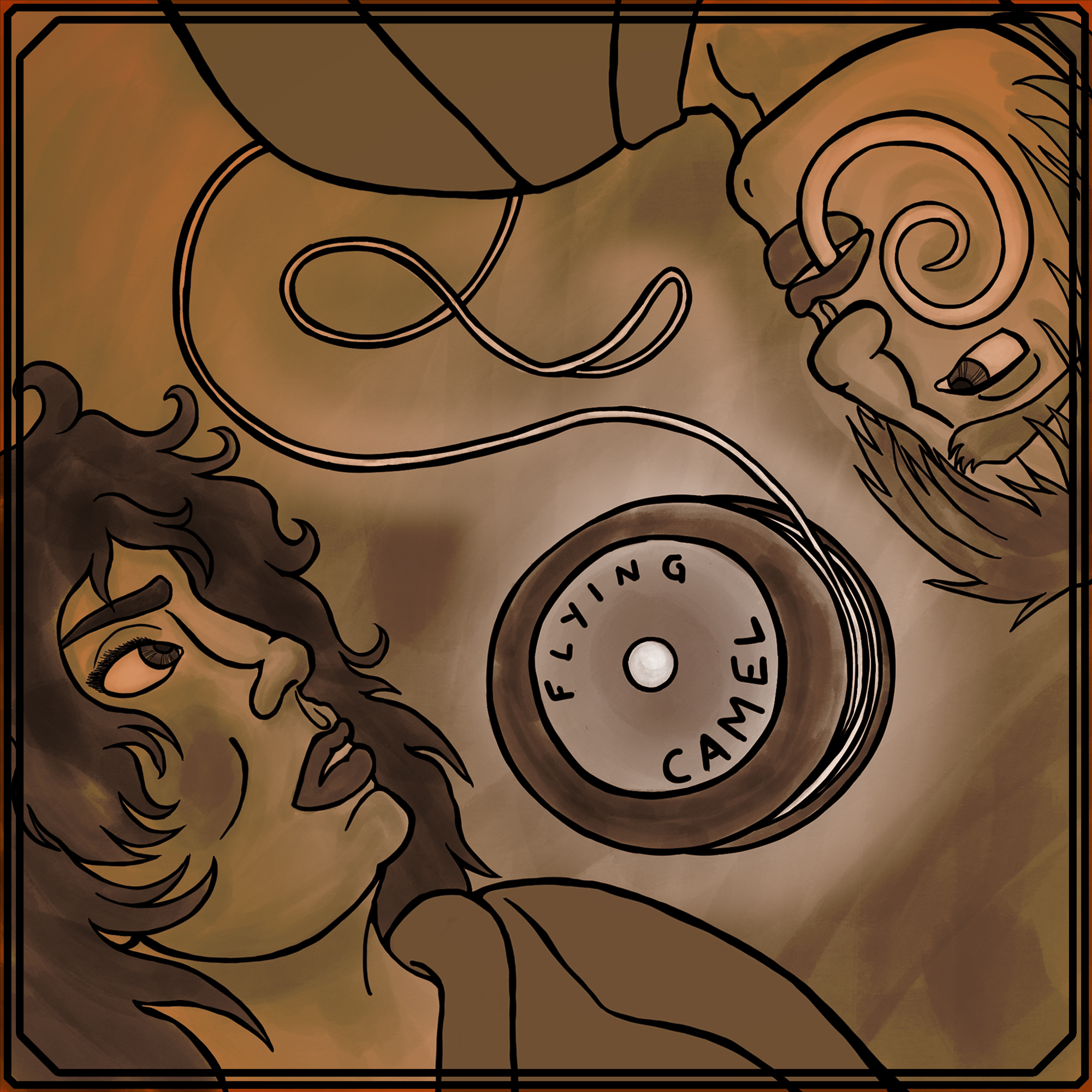I recently completed the class phase of “Writing the Other,” a writing workshop about how to write about people different from you (which is most everyone) but specifically people who are from different cultures and ethnicities, sexualities and gender orientations, religions, and abilities, which they shorten to be ROAARS. It was taught by K Tempest Bradford and Nisi Shawl, and the original book that the class is named after was written by Nisi and Cynthia Ward.
One of the things we talked about was the appropriations of actions, styles and activities that came from a need to survive.
For example, historically (and in the present), people have been shamed for having to grow their own foods and create their own clothing because they cannot afford to survive in a classic capitalistic model. But an idea like Solarpunk can take activities and make them seem cool because it’s better for the environment and actively spits in the face of capitalism.
And these activities are cool, and more people should do them if they can. However, it’s important to realize the context in which these actions are framed.
People with privilege (archetypally but not limited to the white middle class) are much more likely to be praised for their small family gardens and homemade clothes than a poor black kid going to a public school whose clothes and food look different than everyone else’s. While one person will get praise for taking the time to grow their own vegetables and create clothes, the other can experience bullying and alienation for doing the same things out of the need to survive.
As stated above, I’m not saying this means solarpunks who have privilege can’t do these things, but we need to be aware that not everyone can do these things safely in the places they live, and also to not underplay the cultural references implicit in low-cost styles. We need to make these spaces and activities safe for everyone and not just do them ourselves.
It’s also important to not shame people for wanting to aspire to capitalistic modes of consumption in a capitalist society. Using things like washing machines and cars do not necessarily fit the idea of “perfect solarpunk,” but most people want and use these things because it’s harder to not have them when you have to work non-stop for your living, and you don’t have the time to hand wash your clothes or the energy or ability to bike or walk to work (or the proximity, for that matter). And often it’s desirable to retain some of those functions: Overall we may need to come up with less environmentally expensive ways to do laundry, but the answer isn’t “Everyone washes stuff by hand again now.”
[Other editor’s note: The washing machine is an amazing example for this, and Faith isn’t the only one who’s thought of it. Check out this 10-minute talk by economist Hans Rosling, “The Magic Washing Machine,” for an excellent breakdown of one aspect of this point. -- Watson]
A similar issue is had with the idea that people with low income can afford to be vegan, or that solarpunks have to be vegan. Veganism is not an easy thing to accomplish when you struggle to pay for and find time to feed yourself -- it’s not accessible to everyone. I’m a vegan, and I’m in poverty, and maintaining that diet is one of the higher energy endeavors in my life -- and I live in an extremely vegan-friendly area. Also, not everyone can survive on a vegan diet, depending on their allergies and ability, with the substitutes available to them. Is factory farming evil? Absolutely. Do we need to treat animals better? Of course! But shaming people for things they cannot do is not a good way to make change. Pushing better policies and protections for agribusiness is the way to make change.
The issue of taking on practices deliberately that other people are forced into, that other people may be struggling to escape, is difficult terrain. On one hand, these practices can be meaningful symbolic gestures, part of the cultural steps towards sustainability, liberation, and empowerment. On the other hand, thoughtless efforts to use the markers of an oppressive system to unmake themselves often mostly just harm the people who are scraping by on extremely fragile edges of the status quo. (The example of the changing market price of Quinoa comes to mind.)
My point is not “It’s wrong for solarpunks to reject brand name fashion” or “home gardens are a bad idea.” My point is that it would be wrong for solarpunk to aim down, criticizing the life choices of the 99 percent, when that energy and passion can be spent infinitely more usefully targeting the institutions that sustain toxic practices and fight against systemic reform. (Reform and/or revolution to be discussed in a future editorial.)


